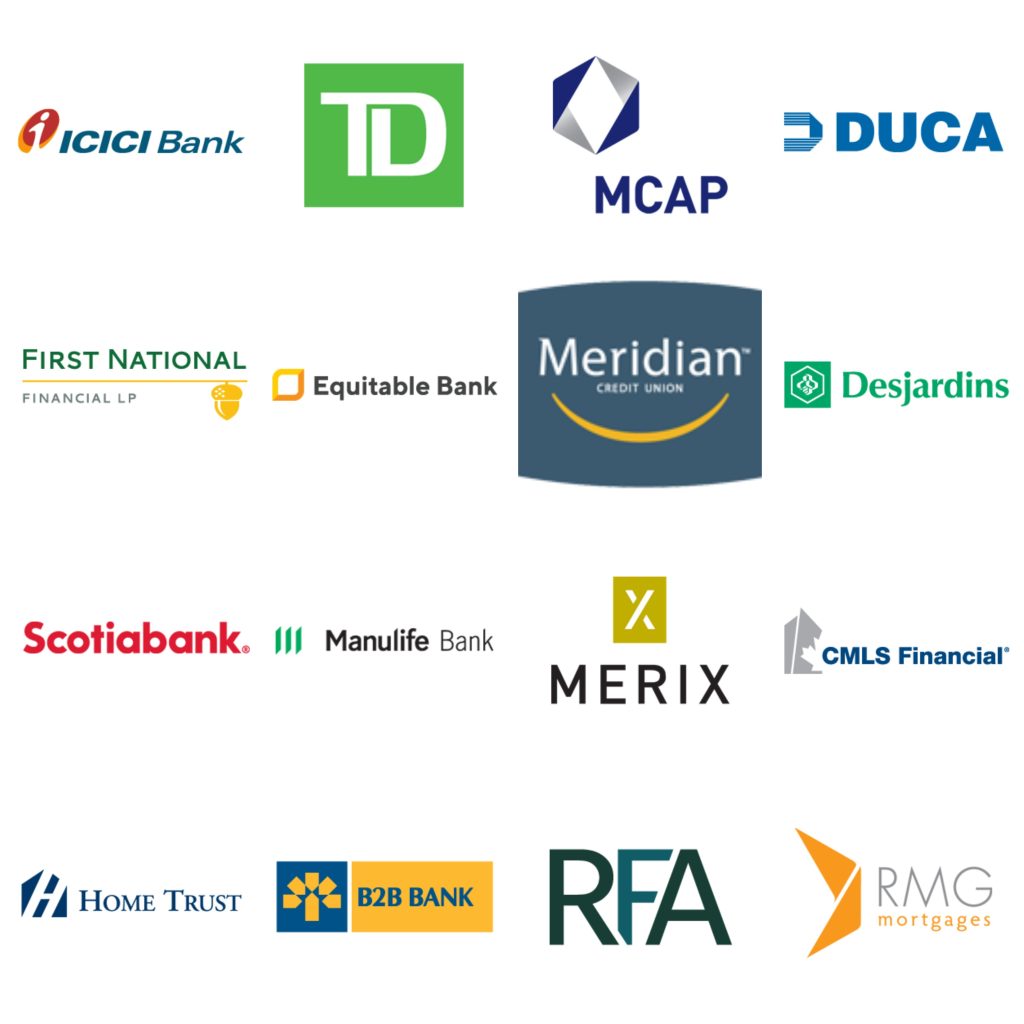Mortgage Broker vs. Bank: Which is a Better Choice for Your Mortgage in Canada?
Imagine you’re on the verge of buying your first home, an exciting milestone for many Canadians. As you begin your journey, you encounter a common question: “Should I work with a mortgage broker or go directly to my bank?” This decision is crucial and can significantly impact your mortgage terms, the rates you receive, and your overall home-buying experience. With so many questions like “Is it better to use a mortgage broker?” or “Can a mortgage broker get you a better rate?”, it’s important to explore your options thoroughly to ensure you make the right choice.
In this blog post, we’ll dive into the differences between using a mortgage broker and working directly with a bank, and help you determine which option might be best for your needs.
What is a Mortgage Broker and What Do They Do?
Mortgage brokers act as intermediaries between homebuyers and lenders. Instead of you visiting different banks and comparing rates, a mortgage broker does the legwork on your behalf. Brokers work with multiple lenders, including traditional banks, credit unions, and private lenders, allowing them to provide you with a variety of mortgage products and options that might not be available if you approached a bank directly.
How Much Does a Mortgage Broker Cost in Canada?
Many people wonder, “Do mortgage brokers charge a fee?” or “How do mortgage brokers get their fees?” In most cases, mortgage brokers in Canada are compensated by the lender rather than the borrower. This means that their services are often free to use for homebuyers. However, there are scenarios where a broker might charge a fee—typically for specialty mortgages or non-standard situations. It’s always a good idea to clarify any fees upfront.
Is It Free to Talk to a Mortgage Broker?
Yes, initial consultations with a mortgage broker are generally free. They’ll assess your financial situation, explain your options, and guide you towards suitable mortgage products without any upfront costs.
Is Working with a Mortgage Broker Right for You?
Is It Better to Use a Mortgage Broker?
The answer depends largely on your unique circumstances. Mortgage brokers can often negotiate better rates because they have access to multiple lenders and exclusive deals. They work for you, not for a specific bank, which means they are incentivized to find you the best rate possible. This is particularly beneficial if you have a non-standard financial profile—for example, if you are self-employed, have a low credit score, or need flexibility in your mortgage terms.
Can a Mortgage Broker Get You a Better Rate?
Typically, brokers can access competitive rates, sometimes lower than what a single bank can offer. Their ability to shop around gives them an edge over going directly to your bank, which can only offer you their in-house products.
Is a Broker Cheaper Than a Bank?
Mortgage brokers can often secure lower rates, which may save you money over the life of the mortgage. However, the final costs depend on various factors, including your creditworthiness and market conditions. For some people, sticking with a bank can provide benefits like bundled services (e.g., discounts for having multiple accounts), but for those seeking the lowest rate, a broker might be the better bet.
A Step-by-Step Comparison: Working with a Mortgage Broker vs. a Bank
Step 1: Understanding Your Needs
Begin by evaluating your financial situation. Are you looking for the best rate, flexibility in repayment, or simply the ease of dealing with your existing bank? Banks are often best for people with straightforward needs, while brokers excel in all areas from straightforward transactions to more complex situations.
Step 2: Comparing Options
A mortgage broker will compare dozens of lenders for you, while a bank can only offer its own mortgage products. If your priority is to find the lowest possible interest rate, a broker is likely your best bet.
Step 3: Application Process
With a broker, the application process is more streamlined. They gather your documents and present your case to multiple lenders, improving your chances of approval. When dealing with a bank, you are limited to that one institution’s approval standards.
Common Mistakes to Avoid
-
Not Asking About Fees: While brokers are usually free, there are exceptions. Always ask upfront about any potential costs.
-
Ignoring Your Bank: Don’t discount the possibility that your bank could offer competitive terms, especially if you have a long-standing relationship.
-
Not Shopping Around: Even if you choose to work with a broker, don’t be afraid to get multiple opinions before making a final decision.
Frequently Asked Questions About Mortgage Brokers
Is It Worth Using a Mortgage Broker in Canada?
Yes, especially if you want access to multiple lenders and the best rates. Mortgage brokers can deal with all types of mortgage scenarios. They are particularly useful for those with complex financial situations or those who do not fit the traditional mold that banks prefer.
Is It Easier to Get a Mortgage Through a Mortgage Broker?
In many cases, yes. A broker’s ability to work with multiple lenders means they can often find a lender who is willing to approve your application, even if it has been rejected by a traditional bank.
Do Mortgage Brokers Charge a Fee?
Typically, mortgage brokers do not charge a fee to borrowers—they are paid by the lender upon closing. However, fees may apply in specific scenarios, such as arranging financing with private lenders.
How Do Mortgage Brokers Get Their Fees?
Mortgage brokers are compensated by the lender once your mortgage is finalized. This commission is based on a percentage of the total mortgage amount and not the mortgage rate. It is the mortgage brokers objective to secure you with the best mortgage arrangements for your needs at the best mortgage rate.
Is a Mortgage Broker Cheaper Than a Bank?
It can be, as brokers can access a wider range of products and rates, sometimes negotiating lower interest rates than you could get directly through a bank.
Is It Free to Talk to a Mortgage Broker?
Yes, it is generally free to consult with a mortgage broker. They will only get paid when they successfully arrange your mortgage. Their fee is paid by the lender, except when arranging private mortgages.
Choosing between a mortgage broker and a bank is a critical decision for any homebuyer in Canada. Mortgage brokers provide flexibility, access to multiple lenders, and potentially lower rates, while banks offer familiarity and convenience, particularly for loyal customers. By understanding your needs and comparing your options, you can make an informed decision that best supports your financial future.
If you’re ready to explore your options further, consider reaching out to a qualified mortgage broker to discuss your needs. A personalized consultation could help you save money and make your dream of homeownership a reality.
Contact us today for personalized mortgage advice and to get started on securing the best mortgage for your needs


